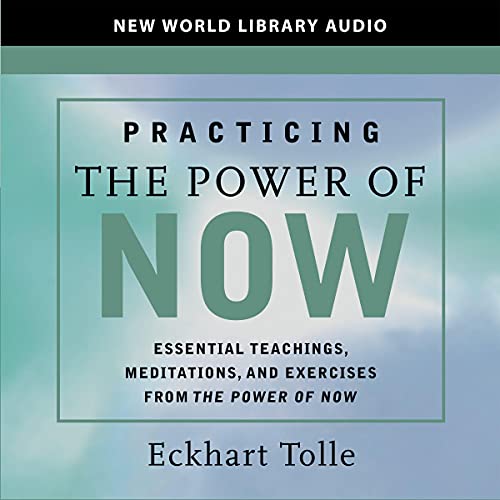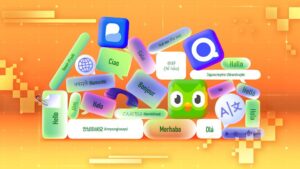
Book Reading vs Audiobooks: The Best Way to Learn Quickly

In today’s fast-paced world, the debate between reading books and listening to audiobooks has become increasingly relevant for anyone seeking to learn faster and more effectively. While traditional book reading has been the gold standard for centuries, audiobooks have emerged as a popular alternative that promises convenience and speed. However, when it comes to actual learning effectiveness and retention, the evidence strongly suggests that reading physical books remains superior for most learning purposes.
Why Reading Books Creates Stronger Learning
The fundamental argument for traditional book reading lies in the way our brains process visual information compared to auditory input. When you read a book, your brain engages in active visual processing that creates stronger neural pathways for memory formation. Reading comprehension studies consistently show that people retain more information when they read text visually rather than listen to it. This happens because reading requires your full attention and forces you to actively decode symbols into meaning, which strengthens the learning process. Furthermore, when you encounter difficult passages or complex concepts, you can immediately slow down, reread sections, and take time to fully understand the material before moving forward.
The Multitasking Myth of Audiobook Learning
Proponents of audiobooks often argue that listening allows for multitasking and faster consumption of content, but this argument actually undermines effective learning. When you listen to audiobooks while doing other activities like driving, exercising, or working, your brain divides its attention between multiple tasks. This divided attention significantly reduces comprehension and memory retention, making the learning process less effective overall. Scientific research on multitasking shows that our brains cannot truly focus on multiple complex tasks simultaneously, which means that listening to educational content while engaged in other activities results in shallow processing rather than deep learning.
Speed vs. Understanding: What Really Matters
The speed advantage that audiobook supporters claim is also questionable when considering actual learning outcomes. While you might consume audiobook content faster by increasing playback speed, faster consumption does not equal faster learning. Learning speed should be measured by how quickly you can understand, retain, and apply new information, not by how quickly you can get through content. Reading books naturally encourages a pace that matches your comprehension level, allowing you to slow down for difficult concepts and speed up for familiar material. This self-regulated pacing leads to better understanding and longer-lasting retention of information.
The Cognitive Benefits That Only Reading Provides
Another compelling argument for traditional reading involves the physical and cognitive benefits that audiobooks simply cannot provide. When you read a book, you improve your vocabulary more effectively because you see how words are spelled and structured. You also develop better writing skills by observing sentence construction, grammar, and writing styles firsthand. These benefits extend beyond the immediate learning goal and contribute to overall literacy and communication skills. Additionally, reading books improves concentration and focus in ways that passive listening cannot match, training your brain to sustain attention for extended periods.
When Audiobooks Have Their Place
However, it’s important to acknowledge that audiobooks do have their place in certain learning contexts. They excel in situations where traditional reading is impossible, such as during commutes or physical exercise. Audiobooks can also be beneficial for people with dyslexia or other reading difficulties, providing an alternative access point to information. For language learning, audiobooks offer valuable exposure to pronunciation and natural speech patterns that written text cannot provide. Additionally, some people genuinely are stronger auditory learners who process spoken information more effectively than written text.
Matching Format to Learning Goals
The key insight is that the effectiveness of books versus audiobooks depends heavily on your learning objectives and the type of material you’re studying. For deep learning, skill development, academic study, or professional growth, traditional book reading consistently proves more effective. The ability to take notes, highlight passages, create visual connections, and control your pace makes books superior for serious learning endeavors. When you need to truly master material, understand complex concepts, or prepare for tests and applications, reading books provides the focused, active engagement necessary for deep comprehension.
Strategic Use of Both Formats
For casual learning, entertainment, or supplementary exposure to ideas, audiobooks can be valuable additions to your learning toolkit. They work well for reinforcing concepts you’ve already learned through reading or for getting familiar with topics before diving deeper with traditional books. The convenience factor of audiobooks makes them useful for maintaining learning habits during busy periods when dedicated reading time is scarce.
The Combined Approach for Maximum Results
The most effective approach for serious learners combines both methods strategically rather than viewing them as competing alternatives. You might read a challenging business book to fully understand the concepts, then listen to the audiobook version during your commute to reinforce the ideas. This combination leverages the deep processing benefits of reading with the convenience and reinforcement benefits of listening.
The Clear Winner for Serious Learning
In conclusion, while audiobooks offer convenience and accessibility, traditional book reading remains the superior method for faster and more effective learning. The active engagement, visual processing, controlled pacing, and focused attention that reading requires create optimal conditions for comprehension and retention. If your goal is genuine learning rather than casual consumption of content, investing time in reading physical books will consistently deliver better results. The slight inconvenience of traditional reading is a worthwhile trade-off for the significant advantages in learning speed, depth, and retention that books provide over audiobooks.
















Post Comment